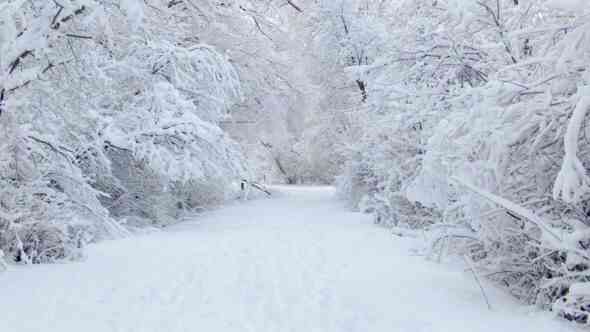The earth is very diverse — in some of its corners the snow does not melt all year round, while in others it never happens. And if the mass of snow is something familiar, then each snowflake is unique, but how many people attach importance to this when walking along a snowy path?
Interesting facts about snow
- All snowflakes are unique, so far no two are the same.
- Sometimes it snows even where, it would seem, it cannot be. For example, once in the hot Chinese Takla Makan desert it snowed for almost two weeks (interesting facts about deserts).
- More than half of the people on Earth have never seen snow.
- Representatives of the northern peoples, for example, the Eskimos distinguish many dozens of different types of snow.
- About 1 billion snowflakes fit in three cubic meters of snow.
- The diameter of the largest snowflake ever found was 38 centimeters.
- The creaking of the snow we walk on is caused by the crystals of the snowflakes breaking and crushing.
- Scientists claim that there are more variants of snowflakes than there are atoms in the universe.
- 95% of the volume of a snowflake is air.
- High in the mountains, sometimes there is reddish or pink snow. The reason for this — algae growing there.
- In calm weather, snowflakes fall to the ground at a speed of just under one kilometer per hour.
- There is snow not only on Earth, but also on Mars (interesting facts about Mars).
- In Japanese Hokkaido Island has a whole snowflake museum.
- In the US, there is a laboratory for the artificial cultivation of snowflakes, which is necessary for their study.
- Most of the snow in the world falls on Mount Baker, located in the USA, Washington.
- Snow falling into the water makes a low-frequency noise that we do not hear, but it annoys the fish (interesting facts about fish).
- If 1 centimeter of snow cover on 1 hectare of space will melt, resulting in only about 30 cubic meters of water.
- A powerful snow storm can bring millions of tons of snow mass to the ground, releasing energy equal to the explosion of a hundred atomic bombs.
- More than 4/5 of all fresh water on Earth — it is snow and ice.
- World Snow Day is celebrated on January 19.
- The weight of an average snowflake is about 0.004 grams.
